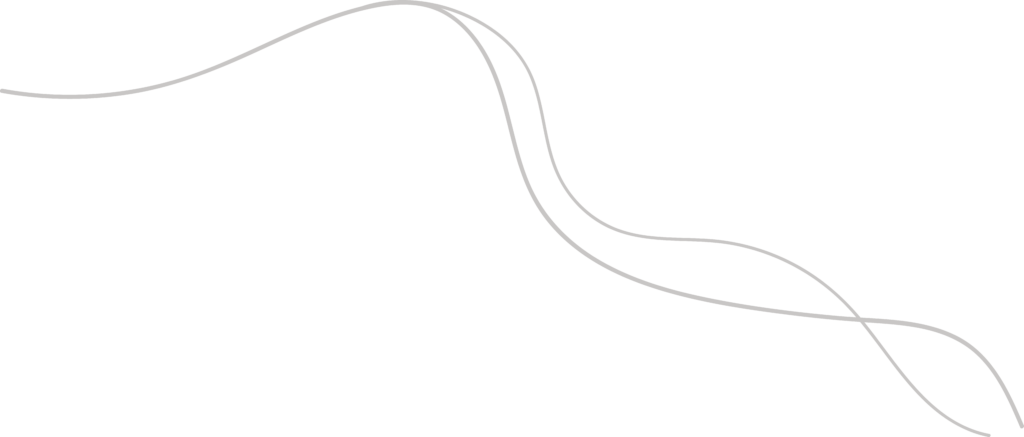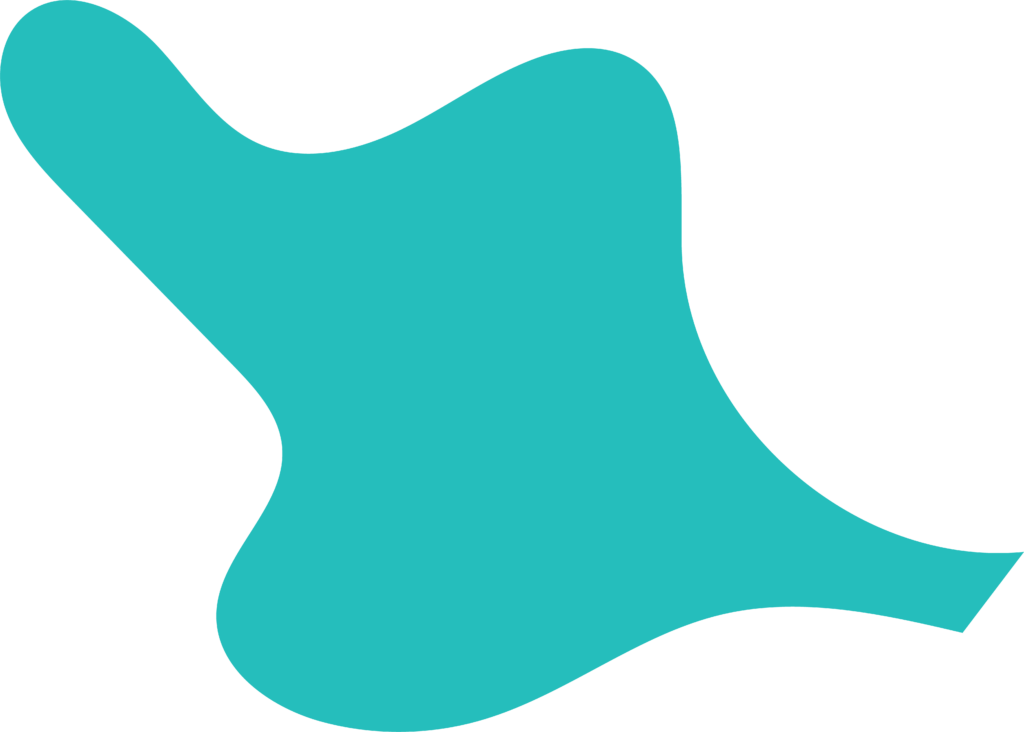Many drugs fail clinical trials, often because preclinical animal models fall short of replicating human physiology. To improve animal welfare, speed up drug development, and reduce costs, we need to rely less on animal models, while also minimizing the number of failures early in the drug development process. Artificial intelligence and machine learning are powerful tools that can help us achieve these goals by predicting a drug's efficacy, safety, and uptake in preclinical studies. These technologies can help researchers to make informed decisions and optimize testing strategies, improving drug development for both animals and people.



